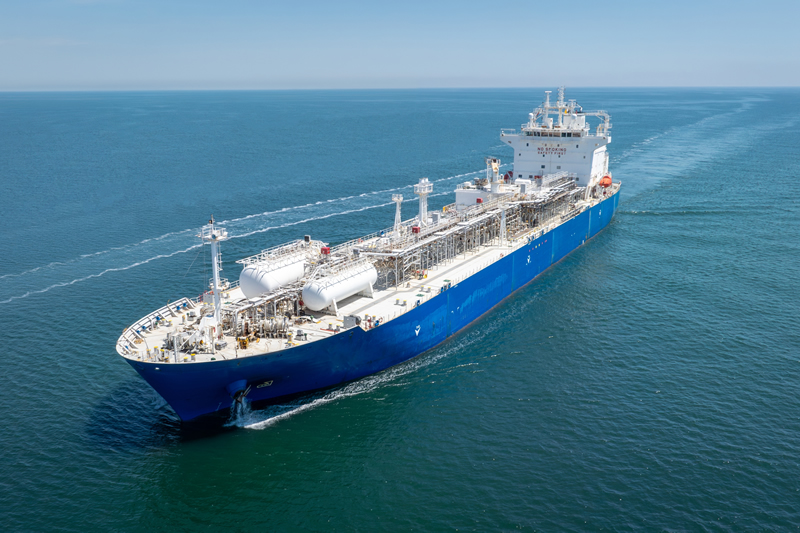Study Finds Ammonia As Marine Fuel Poses Risk To Public Health
5
Carbon-free ammonia has been touted as the future of green shipping fuel, with orders already placed for the first ammonia-powered dual-fuel vessels. However, a new study from the Massachusetts Institute of Technology (MIT) reveals that burning ammonia could worsen air quality and lead to hundreds of thousands of premature deaths annually.

The study warns that, under current legislation, switching ships to ammonia fuel could result in approximately 600,000 additional premature deaths each year. The maritime industry, which currently accounts for nearly 3% of global CO2 emissions, already causes about 100,000 premature deaths annually due to its negative impact on air quality.
MIT's research suggests that, with stronger regulations and cleaner engine technology, switching to ammonia could potentially reduce premature deaths by about 66,000 compared to current maritime emissions, while also lessening the impact on global warming.
Ammonia combustion produces nitrous oxide (N2O), a greenhouse gas 300 times more potent than CO2, and nitrogen oxides (NO and NO2, known as NOx). Unburnt ammonia may also escape, forming fine particulate matter in the atmosphere. These particles can be inhaled deeply into the lungs, causing severe health issues such as heart attacks, strokes, and asthma.
Ammonia is traditionally produced by extracting hydrogen from natural gas and combining it with nitrogen at high temperatures, a process with a significant carbon footprint. The maritime industry is looking towards "green ammonia," made using renewable energy to produce hydrogen via electrolysis and generate heat.
However, even green ammonia generates N2O and NOx when burned, with some unburnt ammonia escaping. This nitrous oxide remains in the atmosphere for over a century, while nitrogen emissions can damage ecosystems. Bacterial digestion of these emissions further produces N2O. NOx and ammonia also mix with other atmospheric gases to form fine particulate matter, a primary air pollution contributor that causes an estimated 4 million deaths annually.
A significant challenge in assessing ammonia's impact is the lack of real-world data, as no ammonia-powered ships are currently in operation. Researchers relied on experimental ammonia combustion data from collaborators to build their models.
#protea #emissions #monitoring #cems #ftir #gas #analysers #shipping #marine #carbon #capture
Other Articles
Carbon Capture Utilisation & Storage (CCUS) In 2026
16
Global Underground CO2 Storage Data Offers Hope Amid Rising Emissions
01
IMO Postpones Adoption Of Global Net-Zero Shipping Framework
04
Pioneering Carbon Capture Projects Ready For Construction
03
Methanol & Ammonia Deemed Ready As Zero-Emission Shipping Fuels
01
Carbon Capture Storage Reaching A Turning Point In Decarbonisation
13
CCS To Capture 15% Of Shipboard Carbon Emissions By 2050
29
Global Shipping Industry Struggles To Navigate Net Zero Transition
21
Carbon Capture Surges as Economics Policy & Industry Demand Align
14
GHG Emissions At Ports On The Rise Despite Initiatives
07